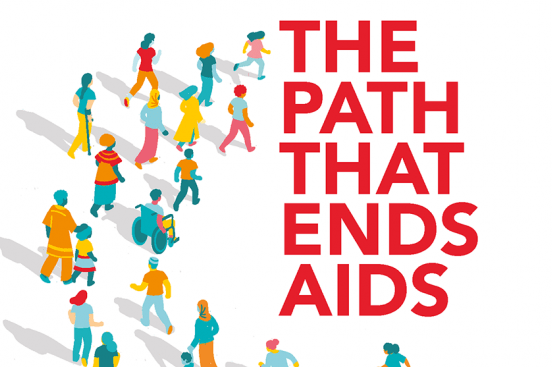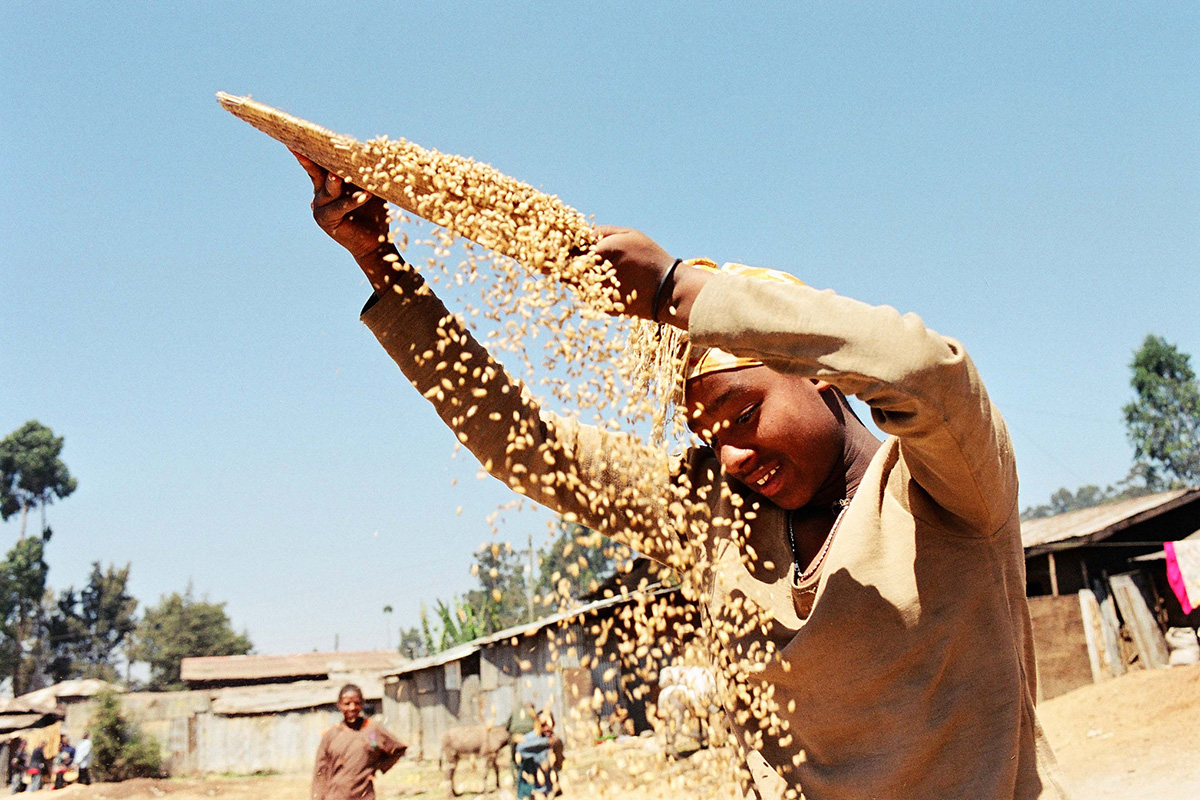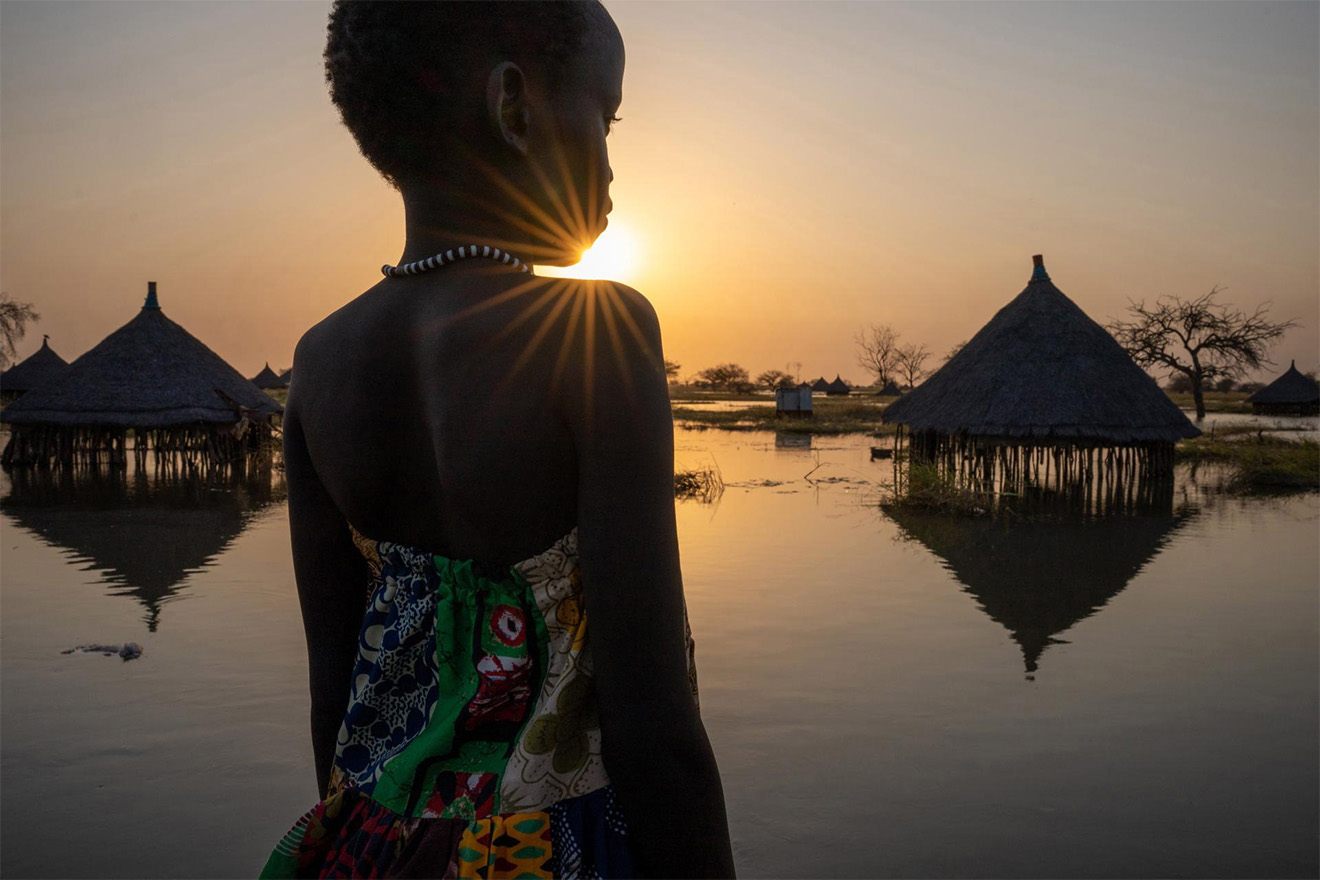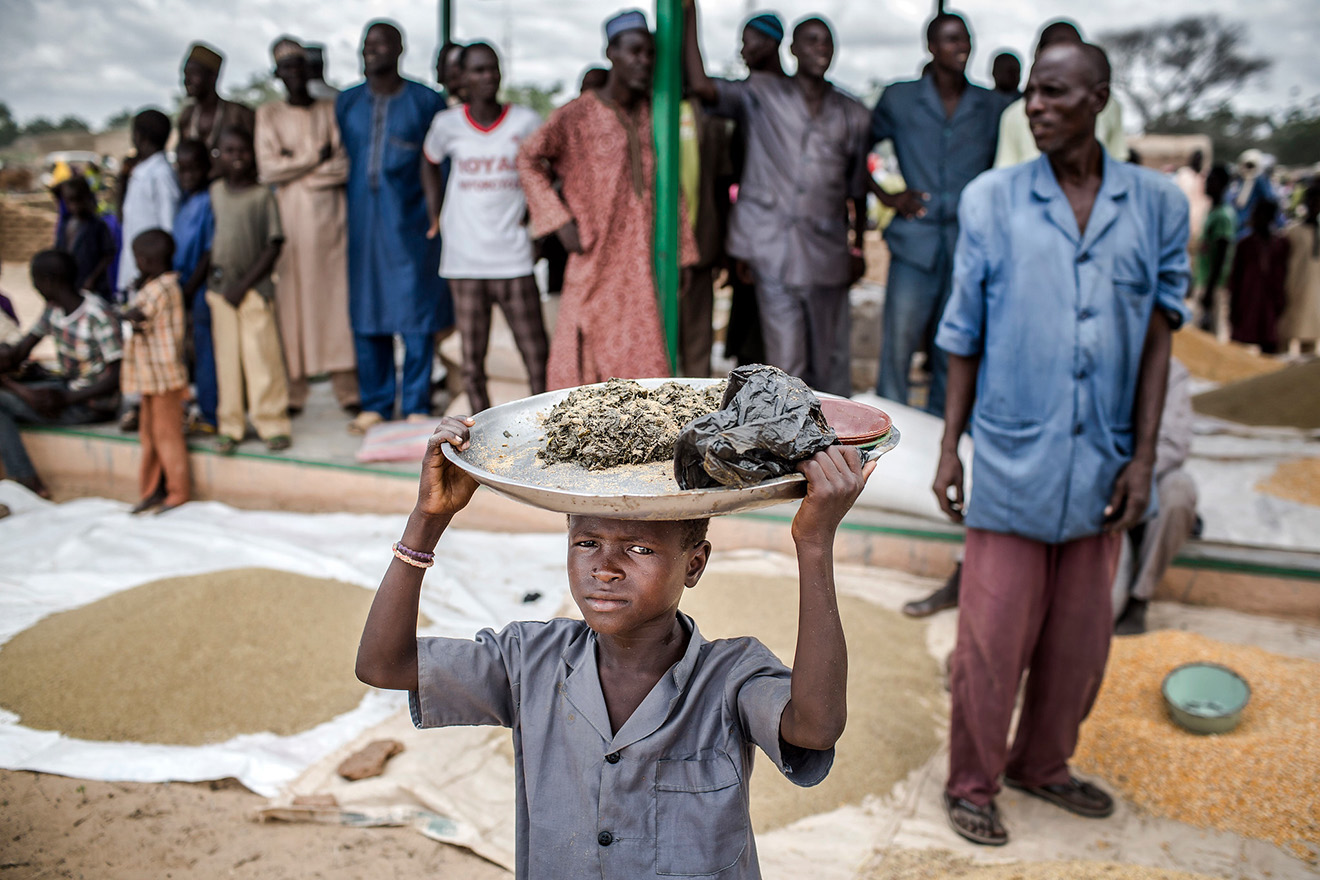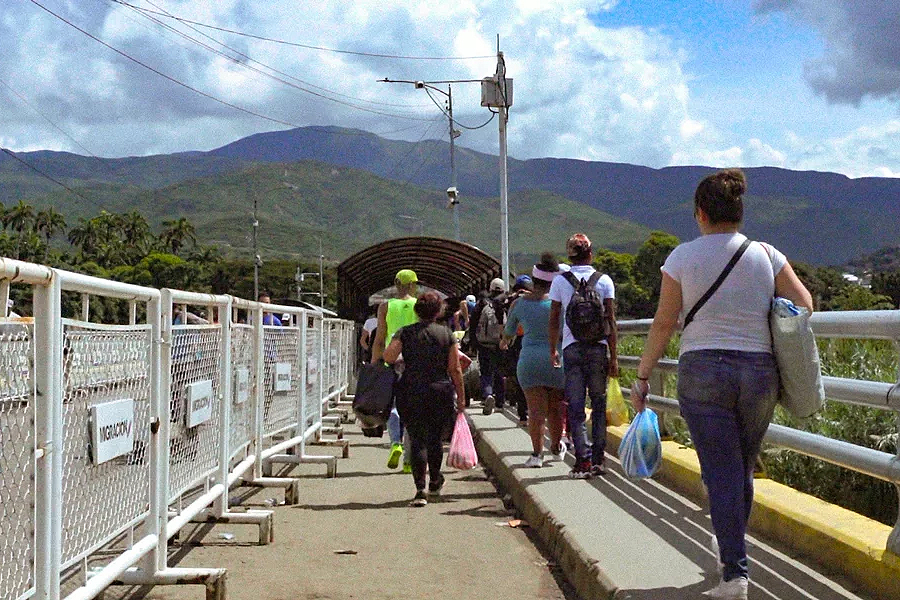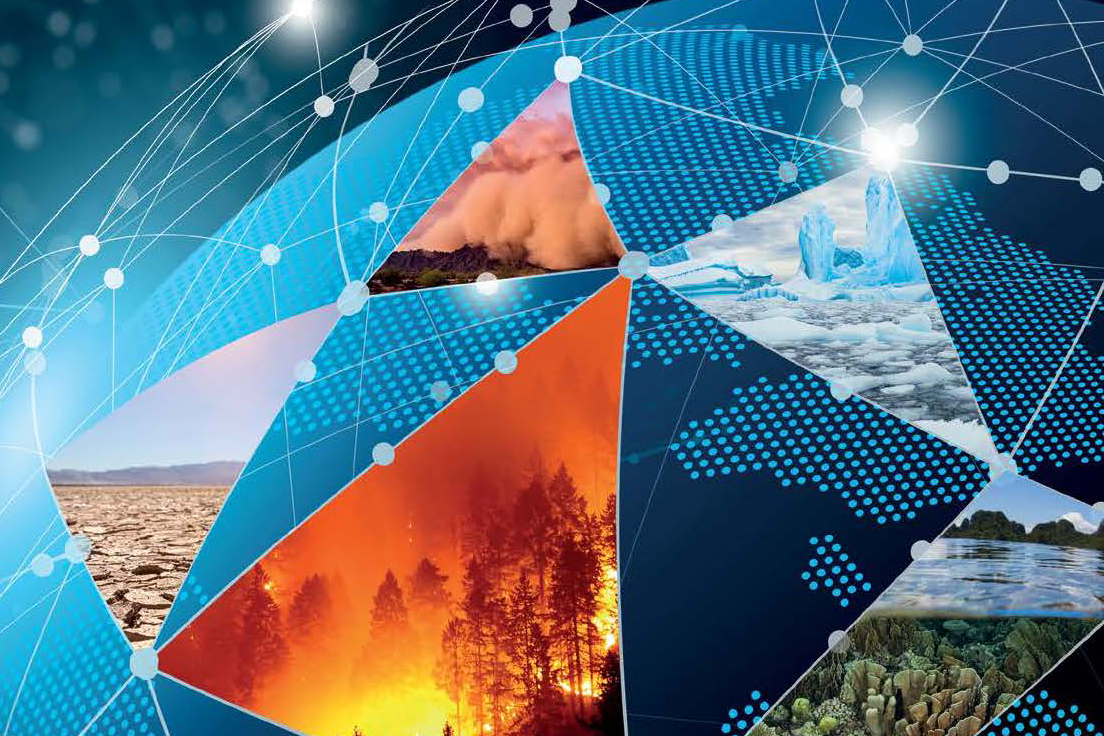A new global UNESCO report on technology in education highlights the lack of appropriate governance and regulation. Countries are urged to set their own terms for the way technology is designed and used in education so that it never replaces in-person, teacher-led instruction, and supports the shared objective of quality education for all. The report calls to put the learner front and centre while making sure that the focus is on learning outcomes, not on the technology itself. The global launch of the new 2023 Global Education Monitoring Report takes place on 26-27 July in hybrid format.
The Sustainable Development Goals (SDGs) - the blueprint for a more resilient, inclusive, and sustainable future by 2030 - are in peril. The world has entered an age of hard-earned SDG progress threatened by the climate crisis, conflict, gloomy global economic outlook, and lingering COVID-19 effects. The Sustainable Development Goals Report 2023: Special Edition sounds the alarm and urgently calls for redoubled efforts through an urgent rescue plan for people and the planet. We can still succeed.
The benchmark index of international food commodity prices declined again in June, led by price decreases for all major cereals and most types of vegetable oils, according to the latest FAO Food Price Index’s report. The index dropped 1.4 percent from May and 23.4 % from its peak in March 2022. Nevertheless, FAO warns that high food prices, economic downturns, conflict, droughts, and the impending risk of El Niño weather aggravate food security concerns in 45 countries that are assessed to need external assistance for food. Check the latest index.
Cities, as engines of prosperity, have been major contributors to climate change. A new report by the World Bank suggests that cities also hold one of the keys to solving the climate crisis. By 2050, nearly 70% of the world’s population will call cities their home. The report examines over 10,000 cities to determine how green, how resilient, and how inclusive they are while examining the two-way relationship between cities and climate change. The report offers guidance to policymakers on how to help their cities become greener, more resilient, and more inclusive.
Mutually reinforcing crises, including rising debt levels, are disproportionately affecting developing countries, worsening the global employment divide between high-income and low-income countries and widening existing inequalities exacerbated by the COVID-19 pandemic. While global unemployment in 2023 is expected to fall below pre-pandemic levels – to 191 million, corresponding to a global unemployment rate of 5.3 per cent – estimates show that low-income countries remain far behind in the recovery process , according to the ILO Monitor on the World of Work.
International tourism is headed back to pre-pandemic levels, with double the number of people travelling so far in 2023 than in the same period last year. Tourism is a huge industry. Unsurprisingly, tourism is a big contributor to the global plastic pollution crisis. Eight out of 10 tourists visit coastal areas, adding to the 8 million tonnes of plastic that enter the ocean every year. A joint 2021 report from UNEP and the World Travel and Tourism Council (WTTC) highlighted the need for coordinated actions, policies and infrastructures to drive the industry toward circularity.
The new UNESCO publication Defending Creative Voices recommends that the international community develop tailored assistance to protect and promote artistic freedom in emergency context.
A new UNDP study of Afghanistan’s economy demonstrates that without continuity for girls’ education and women’s ability to work, prospects for the country’s recovery will remain grim.
Instead of celebrating the world’s population landmark of 8 billion people, media reports have been overwhelmingly fearful. UNFPA’s latest population report asks what is fact and what is fiction.
Populations across the globe are aging at an unprecedented pace, making many countries increasingly reliant on migration to realize their long-term growth potential. The World Bank report World Development Report 2023: Migrants, Refugees, and Societies, identifies the unique opportunity to make migration work better for economies and people. Wealthy countries as well as a growing number of middle-income countries face diminishing populations. Meanwhile, most low-income countries are expected to see rapid population growth, putting them under pressure to create more jobs for young people.
Climate change continued its advance in 2022, according to the annual report from the WMO. Droughts, floods and heatwaves affected communities on every continent and cost billions of dollars. Antarctic sea ice fell to its lowest extent on record and the melting of some European glaciers was great. The State of the Global Climate 2022 shows the planetary scale changes on land, in the ocean and in the atmosphere caused by record levels of heat-trapping greenhouse gases. The years 2015-2022 were the eight warmest on record despite the cooling impact of a La Niña event for the past three years.
Shifting to a low-carbon economy can unlock new jobs and opportunities but it must be done in a way that is fair and possible for everyone, according to a new report from UN Climate Change.
In a new advocacy brief, UNFPA explores how climate change disproportionately harms women of African descent and other members of marginalized communities.


